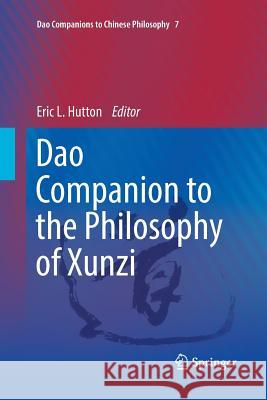DAO Companion to the Philosophy of Xunzi » książka
topmenu
DAO Companion to the Philosophy of Xunzi
ISBN-13: 9789402413984 / Angielski / Miękka / 2018 / 565 str.
DAO Companion to the Philosophy of Xunzi
ISBN-13: 9789402413984 / Angielski / Miękka / 2018 / 565 str.
cena 655,41 zł
(netto: 624,20 VAT: 5%)
Najniższa cena z 30 dni: 650,86 zł
(netto: 624,20 VAT: 5%)
Najniższa cena z 30 dni: 650,86 zł
Termin realizacji zamówienia:
ok. 20 dni roboczych.
ok. 20 dni roboczych.
Darmowa dostawa!
Kategorie:
Kategorie BISAC:
Wydawca:
Springer
Seria wydawnicza:
Język:
Angielski
ISBN-13:
9789402413984
Rok wydania:
2018
Wydanie:
Softcover Repri
Ilość stron:
565
Waga:
0.81 kg
Wymiary:
23.39 x 15.6 x 3.05
Oprawa:
Miękka
Wolumenów:
01
Dodatkowe informacje:
Wydanie ilustrowane











